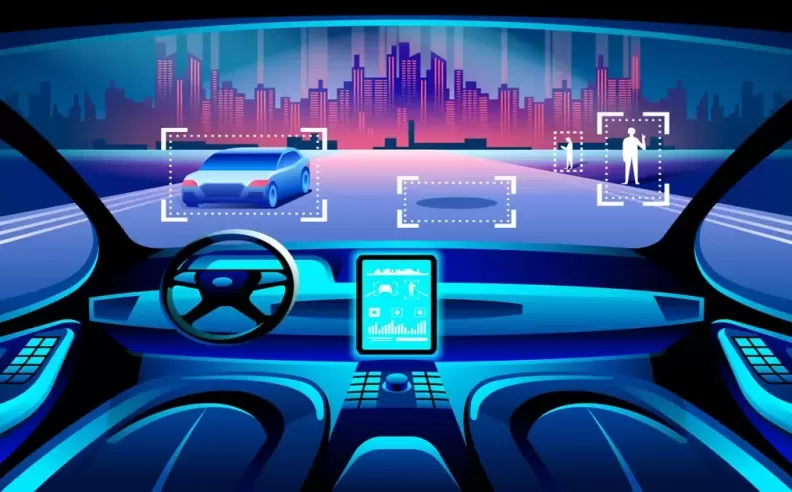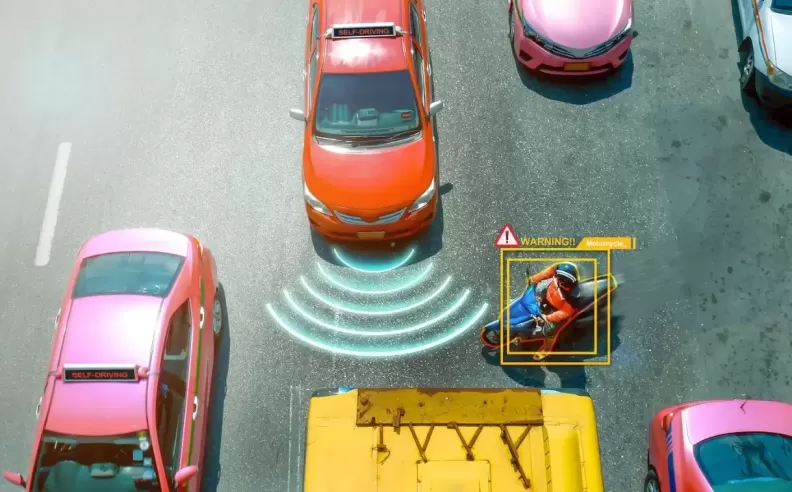
In a world where automotive technology is advancing at a rapid pace, one of the most notable developments is the widespread adoption of Advanced Driver-Assistance Systems (ADAS). These systems, designed to enhance vehicle safety, are becoming increasingly common in modern vehicles. But do they actually reduce car accidents, and should you consider them when purchasing your next car? Let's explore these questions with real-world insights and data.

ADAS encompasses a wide range of features designed to assist drivers and enhance safety. These include:
Adaptive cruise control
Automatic emergency braking
Blind spot detection
Collision warning
Cross-traffic alert
Forward and rear collision warning
Lane departure warning
Pedestrian detection systems
Road sign recognition
Fran O'Brien, a division president for Chubb Personal Risk Services, explains, "Advanced Driver Assistance Systems utilize cameras and sensors to detect potential collisions and alert the driver. These devices have shown that they are important safety features that can help prevent accidents."
Do These Systems Actually Make Cars Safer?
The short answer is yes. Numerous studies have shown that ADAS can significantly reduce the likelihood of accidents. For instance, vehicles equipped with blind-spot monitoring have a crash involvement rate 14% lower than those without it, according to the Insurance Institute for Highway Safety. If every vehicle sold in the United States in 2015 had been equipped with this feature, it could have potentially prevented 50,000 crashes and 16,000 crash injuries.
Corey Harper, a researcher at Carnegie Mellon University, suggests that combining various crash avoidance technologies can reduce crash frequency by about 3.5%. If these technologies were widely adopted, the potential cost savings could reach up to $264 billion, assuming all relevant crashes are prevented.
Phil Partridge, who also drives a Volvo, shares his positive experience with ADAS. "On a quiet highway, combined with adaptive cruise control, it really does make long-distance driving a breeze," he says. However, he also notes that the systems aren't perfect. For example, the automatic brake system can sometimes misinterpret nearby vehicles as potential collisions, leading to unnecessary activations.
Should You Buy a Car with Advanced Safety Systems?
For some drivers, ADAS features are indispensable. Professional drivers, such as those working for Uber and Lyft, find these systems particularly valuable. Bryant Greening, an attorney and co-founder of LegalRideshare, encourages his drivers to use ADAS. "Spending a little more upfront on safety enhancements is like buying an insurance policy for when the inevitable happens," he explains.
However, it's important to consider the potential costs. A study by AAA found that vehicles with ADAS features like automatic emergency braking and blind-spot monitoring are more expensive to repair. The average repair bill can be double that of a conventional vehicle, with minor incidents potentially costing an extra $3,000 due to the expense of sensors and their calibration requirements.
Despite the higher costs, many believe the safety benefits outweigh the drawbacks. Robin Malhotra, sales manager at Barrhaven Honda, asserts that "even with the higher cost, the safety features are worth having." Jon Bloom, vice president of personal auto at Erie Insurance, adds, "Drivers should take the time to get used to the features and give them a chance, since doing so could really pay off in terms of improved safety."
Advanced safety systems in cars are more than just a luxury; they are becoming an essential aspect of vehicle safety. While they may not be perfect and can be costly to repair, the potential benefits in preventing accidents and saving lives are significant. Whether you're a professional driver or a daily commuter, considering a car with ADAS could be a wise investment in your safety and peace of mind.

Wael is an automotive content writer specializes in creating written content for Motor 283. Producing a wide range of content, including blog posts, articles, product descriptions, reviews, and technical guides related to cars, trucks, motorcycles, and other vehicles, with an unprecedented passion for cars, and motorcycles.
